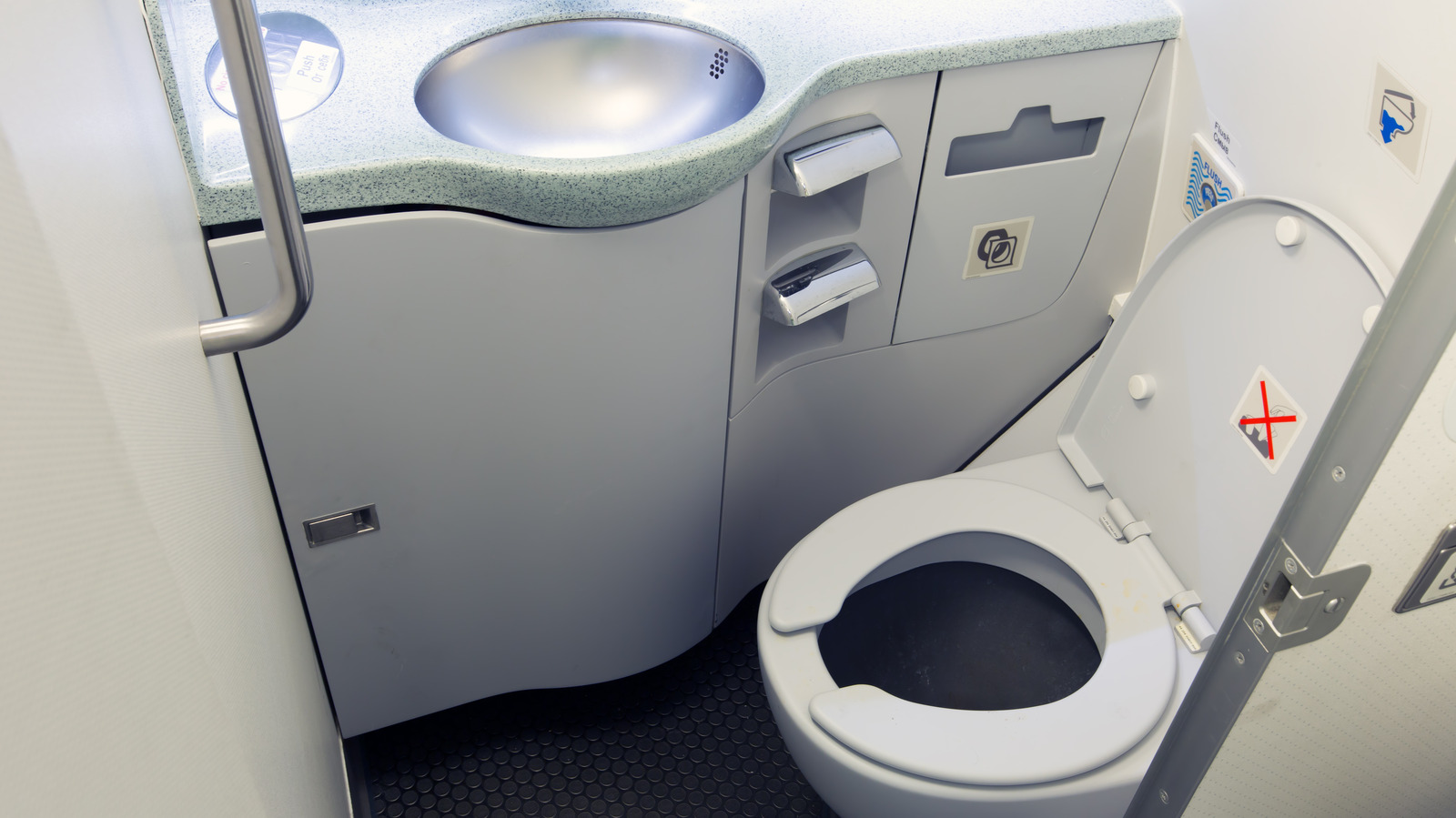
Why You Should Plan A Buffer Day After Your Next Vacation – Explore
Vacations are wonderful. You see new places, spend time with family and friends, and take a break from your regular life. You plan like crazy, from the hotel to packing to travel insurance. You consider everything: destination safety, pet and plant sitters, and budgets. However, most of us don’t consider how we will handle returning to our lives — the exhaustion, the jet lag, and the sadness that can sometimes happen.
It’s worth considering a buffer day for when you get back. Of course, many people will want to stay at their vacation spot as long as possible, but giving yourself some time to recover before returning to work and other obligations is a great idea. It can help you transition back to a regular schedule, keep you from feeling overwhelmed, and give you time to deal with post-vacation depression. We’ve got some tips to make your return to normalcy a little easier and ideas for when you can’t make a buffer day work for your schedule.
What to do with your buffer day
 fizkes/Shutterstock
fizkes/Shutterstock
Different time zones, late nights, and the stress of traveling home from the airport can wreak havoc on your internal clock and anxiety level. Jet lag can mess with circadian rhythms and keep you awake when you’re supposed to be sleeping and vice versa. Planning a buffer day into your vacation gives you time to catch up on missed sleep, tend to any tasks you left undone, and return to a normal schedule.
You don’t have to tell everyone that you’re back yet. Keep the away message on your email. If you do go through email, schedule replies for your next work day.
When you get home, try to stay awake (or fall asleep) to match your regular bedtime — and eat at your normal hours. Set your alarm for your usual wake-up time (and give yourself a bit of grace if you can’t manage to get out of bed) and do what you would normally do at home to remind your body and mind of where you are.
You can use your buffer day to unpack (a source of stress for those who have to return to the office quickly), do some light grocery shopping to avoid scrambling, pick up mail that was held, and pay the pet sitter. These are things that often make the post-vacation week stressful as you adjust back to work and regular life.
The importance of emotional recovery time
 Aegeanblue/Getty Images
Aegeanblue/Getty Images
If you’re someone who suffers from post-vacation depression, it can be a rough emotional transition back to work. Though it’s not a recognized medical condition, many people experience it. It’s that feeling of nostalgia for free time and sadness after all that fun.
There can be a lot of pressure to jump right back into work and your regular schedule, but this just causes unnecessary stress. Instead, ease back into your routine over a couple of days. Even better, you can do some small, fun things (go for a walk or do yoga, meditate, read a book) to remember that you can still enjoy yourself when you’re not on vacation.
Another recommendation is to schedule a post-vacation meet-up with a friend for coffee or a walk in the sunshine before you leave for your trip. This way, you have something to look forward to — and someone to share all of your vacation stories with!
What to do if you can’t schedule a buffer day
 Fg Trade/Getty Images
Fg Trade/Getty Images
Not all of us can afford a buffer day, and we have tips for that, too. Before you leave for vacation, clean the house and set up anything you’ll need. Set the coffee timer, or have everything on the counter ready to go, like coffee beans and a mug. Pick your return-to-work clothes before the trip, and pre-make food so you don’t have to think about meals when you get back. Make yourself a checklist of return tasks, like picking up mail, laundry, etc. And avoid alcohol towards the end of your trip, which can mess with your sleep patterns.
On the first day back, overcome jet lag by avoiding too much caffeine because it can set you up for a crash later. Eat at the normal time for your time zone, and try to stick to your regular schedule. Avoid high-fat, heavy, and salty foods, which can make you tired and bloated after a flight. Keep yourself hydrated by writing down what you’re drinking or using a pre-marked water bottle.
If possible, set meetings for a later date; if not, try to stick to one-on-one meetings so you can focus on one face and avoid being overwhelmed. For your lunch, either take a walk in the sunlight, which helps reset your internal clock, or take a 20-minute nap (make sure to set an alarm). Finally, be kind to yourself if you have a rough day. We’ve all been there.




































